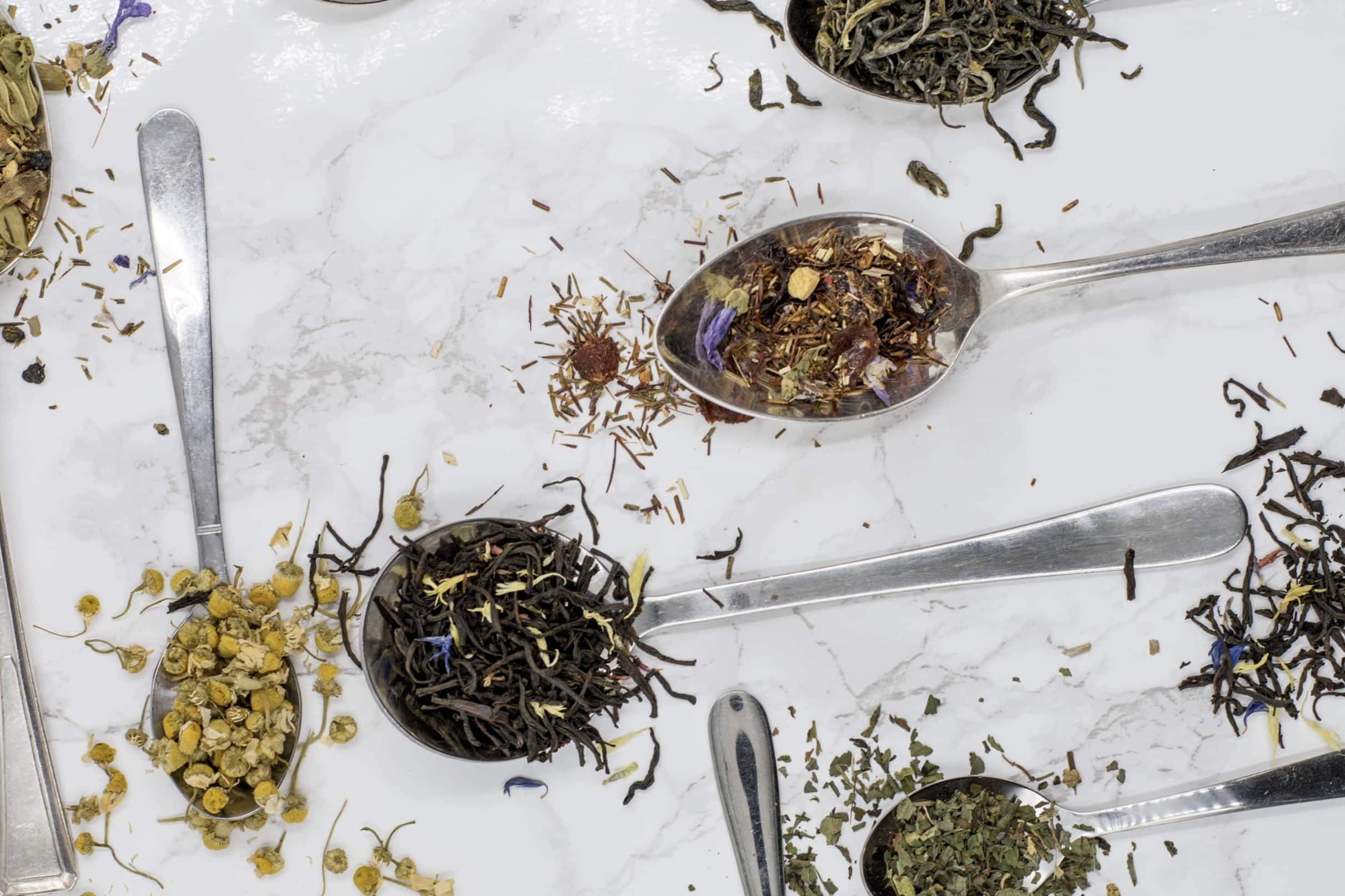This month, the European Journal of Preventative Cardiology published the findings of the China-PAR (Prediction for ASCVD Risk) cohort study on the actual, medical impact of tea consumption in the areas of “atherosclerotic cardiovascular disease and all-cause mortality.” ‘Atherosclerotic cardiovascular disease’ refers to the decrease in health of both arteries and the heart, and is the leading cause of premature death worldwide.
If you’ve been wondering if adding tea to your beverage list would be a healthy option, the results of this study are for you.
The study was done over 22 years. It included 100,902 Chinese adults. None of them had any previous medical history of cancers, stroke, or heart attacks. Study participants were from 15 different provinces in China, and were divided into two groups. Regular tea drinkers were classified by three times or more weekly consumption. The other group consisted of those who never drank tea and those whose tea habit was less than three times a week.
Participants used their own tea-of-choice, with green tea being the top option of 49%. 43% preferred scented, herbal, or fruit teas, while only 8% chose black teas.
The clinical data collection was drawn from interviews, questionnaires, and monitoring of medical history, including death certificates. The median length of participation was 7.3 years. Regular tea drinkers showed a 20% lower risk, and an average of 1.41 more years before onset of atherosclerotic cardiovascular disease onset, compared to non-tea drinkers. They also showed an increased longevity of 1.26 years. The study specifically stated they took family medical history into account but, given the types of data that was collected, a range of no family history coupled with definite family history. This proves good study practices and achieves study validity.
It corroborates a 2013 study jointly performed by the cancer and dermatology departments at the University of Wisconsin Medical Center, which has been published to the National Institute of Health website.

While these results may not seem like much of an impact, this is enough of a difference to make adding tea consumption to a rejuvenated healthy lifestyle worth considering. Combined with healthier eating and medically approved exercise regimes, it could conceivably make those 1.41 years stretch out more significantly. As the Chinese say: The journey of a thousand miles begins with one step.














